Questions Asked in Canadian Student Visa Interview And How to Tackle them?
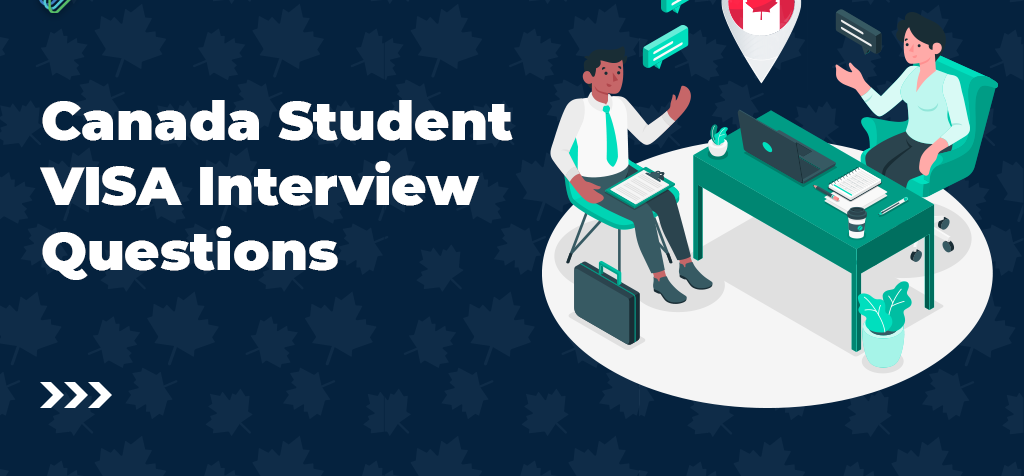
Questions Asked in Canadian Student Visa Interview And How to Tackle them?
Every year many students from all over the world decide to pursue their higher studies in Canada. It has become popular for its globally ranked educational institutions such as the University of Toronto, the University of British Columbia, Yorkville University, and McGill University. If you are a student who looks forward to studying in these Canadian institutions, you need to acquire a Canadian student visa.
The process of obtaining a student visa includes many steps. Firstly, you need to submit an application and the required documents to be verified. After paying the visa fee, you need to go through an interview with the Canadian embassy. Remember, Canada does not provide visas on arrival. You need to go through this process in your own country. Finally, your performance in the interview will decide whether your visa will be approved or denied.
The interview questions will be to verify your qualification as well as your purpose in going to Canada for higher studies. Keep reading to know more about the kinds of questions you will be asked during the interview and how you can tackle them.
Canadian Student Visa Interview Questions
The questions that you will be asked during the Canadian Student Visa interview can be divided into three main categories. But before delving into those categories let us see what is the first interaction you will have with them.
How are you doing?
The interviewer asks this question to make you feel less nervous about the interview. The key to a good interview is to feel confident in what you say. The answer should show that you are not feeling intimidated by the situation and can easily interact. “I am fine. What about you?” is good enough.
Study Plans
As an international student, you need to establish your purpose in studying in Canada. The interviewer is going to ask you about your study plans, your choice of university, etc.
Why did you choose Canada for your higher studies?
This is the most vital question in the whole interview. You need to talk about your specific reasons behind moving to Canada for higher studies. Here, you also need to mention why you could not find any similar courses or programs in your own country to pursue. Moreover, talk about the quality of education and opportunities after studies in Canada that have attracted you to the country.
Have you been to Canada before?
The answer would be yes or no. If yes, explain the purpose and other relevant details of your stay. Try to paint a positive image of your stay to suggest to the interviewer that you are accustomed to the society and culture of the country.
Why do you want to join a particular course or program?
Here, you need to be really specific about the benefits of pursuing a particular course in Canada. Talk about your research interests and how studying in this particular course would help you to realize your career goals. You need to mention the advantages of studying in the department. Moreover, explain the unique and reputed position that the department holds globally in terms of faculties and other equipment.
Do you know any professors at the department that you are joining?
The answer should be yes or no. If yes, provide all the details of the professor and explain your interactions. That will present you as someone who is capable of making meaningful connections within the professional communities. If not, then showcase your interest in studying under the reputed professors in the department to establish your authenticity.
Do you have any scholarships?
If you have any scholarships, make sure to mention them. It will show how dedicated you are to your studies. Provide all relevant details to the interviewer. If not, showcase your eagerness and efforts to acquire one in the future.
Academic Qualifications
Your academic qualifications prove your capacity to study in a globally reputed institution. Here you will be asked about your previous academic experiences. Moreover, they will examine your capabilities to adapt to an educational institution in a foreign land.
What are the examinations you have taken to study abroad?
Here you need to mention all the exams such as TOEFL, IELTS, etc. that you have appeared for. Tell them your scores if you already have the results. If not, mention that you are eagerly awaiting the results and expect good scores in the exam.
What did you study in your native country?
Though you must have already submitted all the documents regarding your study in India, mention them in detail when asked in the interview. What undergraduate courses you have attended, for how many years did you specialize in your field – describe them in detail. Moreover, mention the Canadian equivalent of your scores. Otherwise, they will not be able to recognize your credibility.
In which languages can you communicate fluently?
Language speaking skills are very important when it comes to studying abroad. If the interviewer asks you whether you are fluent in English, the answer must be positive. Also, during your interview, you should showcase your conversation skills in English.
Financial Status
Your funding is a crucial area to discuss when it comes to the student visa interview. As you are applying to study abroad, the interviewer is going to ask about your financial stability, source of funding as well as dependency on your parents. You need to be ready for these questions beforehand to get approved.
Who will fund your study in Canada?
You must provide the interviewer with the details about your funding. Tell them how you have planned to pay the fees as well as living and traveling expenses. Mention, whether you have taken an education loan, or your parents are going to support you. Remember, your answers should be truthful as it is going to be verified in the application form.
Also Read- How to Check if your Job Offer in Canada Genuine or Fake?
What do your parents do?
The interviewer will ask you about your parents’ profession and for how many years they have been employed. They want to know these things to make an estimate about your financial status. They may even ask about the income of the family. Try to be truthful as all of this information will be verified.
Where will you stay in Canada?
Provide them with the complete details of your accommodation in Canada. What are your plans, whether you expect to live in the university hostel – mention them in detail. Even for your temporary residence, provide all the details.
Do you have friends or family in Canada?
If yes, mention it in detail. Explain your relationship with them and where they live in Canada. That will showcase that you are absolutely new to the Canadian people. If not, then show your eagerness in making friends in Canada.
Do you plan to work in Canada?
This is a vital question and needs to be answered strategically. The answer depends on your visa. If your visa permits your work while continuing your studies, mention your wish to work and take your career forward so that you can financially support yourself. If your visa does not allow you to work in Canada, you must show your eagerness to return to India once you complete your higher studies. Moreover, make sure that the interviewer does not think that you need to send money to your home for sustenance. This will get your application rejected.
Now that you are aware of the kinds of questions that you will be asked, get ready for the interview. Do not forget to practice before the interview. Also, your speaking skills should be polished so that there is no scope for misjudgments about your academic capabilities. Most importantly, your answers must reflect your confidence as well as your eagerness to study in Canada.

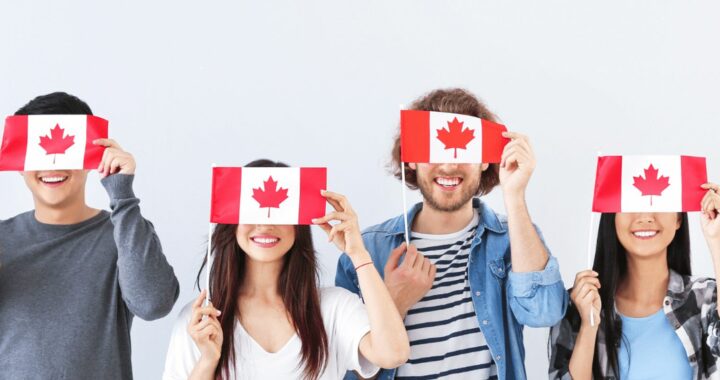 Do you know that you can get a Canadian degree while studying in your home country?
Do you know that you can get a Canadian degree while studying in your home country? 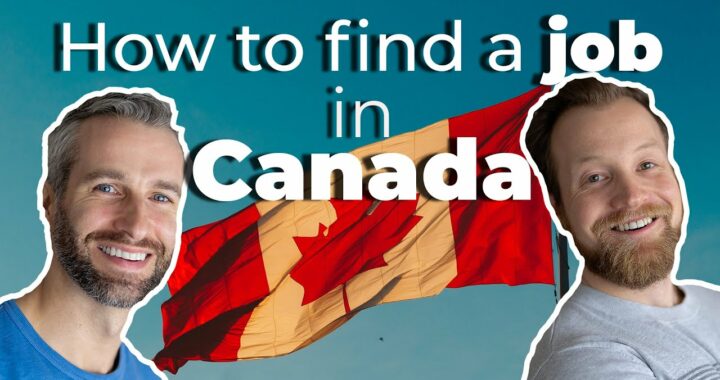 How to Find a Job in Canada as an International Student?
How to Find a Job in Canada as an International Student? 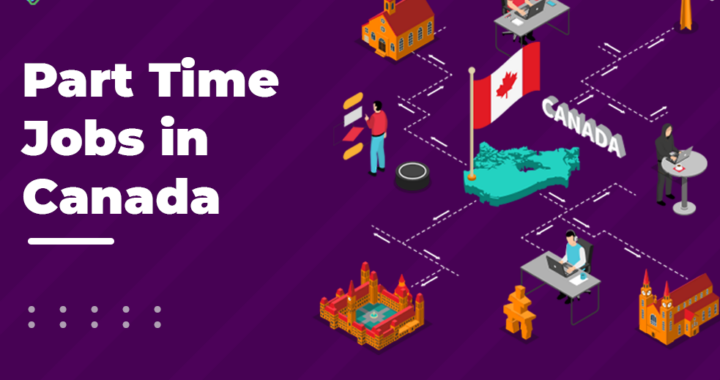 Jobs in Canada that Every International Student Must Know!
Jobs in Canada that Every International Student Must Know! 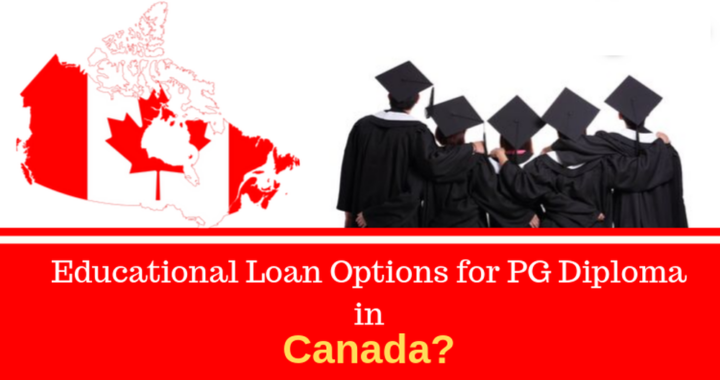 Loans for an International Student in Canada-What are the Options?
Loans for an International Student in Canada-What are the Options? 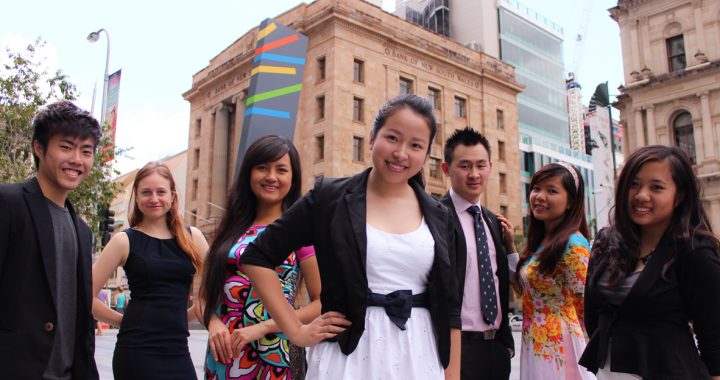 Australia Increases Working Hours For International Students From Hospitality and Tourism Sector
Australia Increases Working Hours For International Students From Hospitality and Tourism Sector  Tax Liabilities of International Students in Canada, UK, USA
Tax Liabilities of International Students in Canada, UK, USA 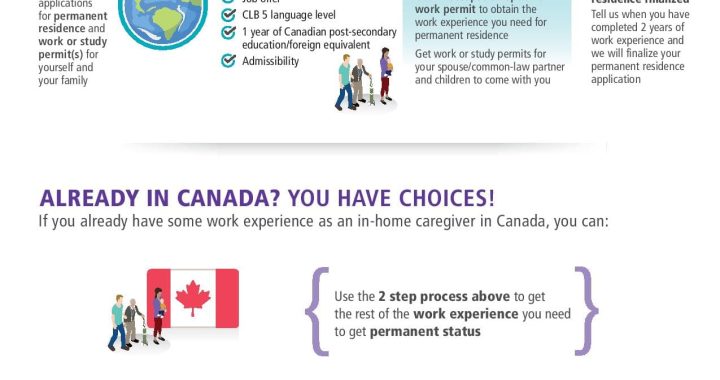 New Education Assessment Requirement for Caregivers: A Major Setback for Immigration to Canada
New Education Assessment Requirement for Caregivers: A Major Setback for Immigration to Canada 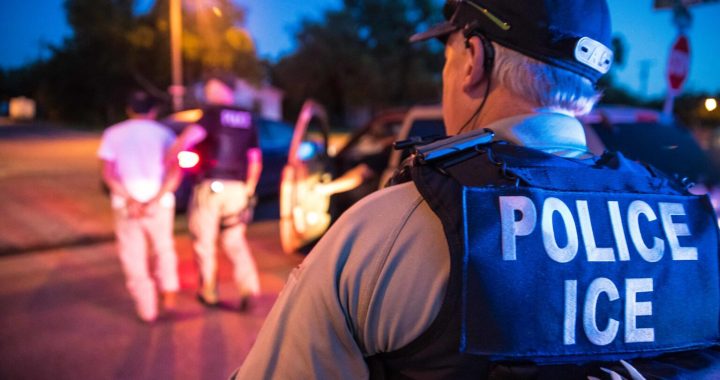 ICE Deportations at Immigration Hearings: Truth, Risks & Legal Remedies
ICE Deportations at Immigration Hearings: Truth, Risks & Legal Remedies 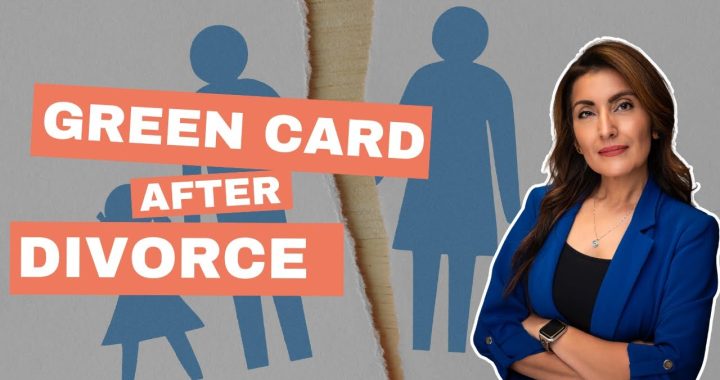 What happens if the marriage ends before the conditional green card is granted to spouse
What happens if the marriage ends before the conditional green card is granted to spouse  Canada Removes Points for Prearranged Job Offers in Express Entry: What It Means for Immigration Applicants
Canada Removes Points for Prearranged Job Offers in Express Entry: What It Means for Immigration Applicants